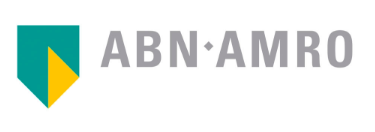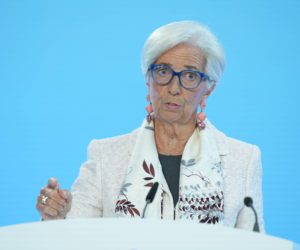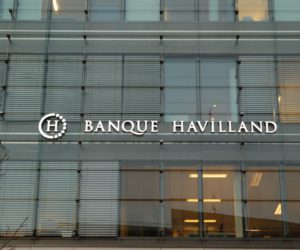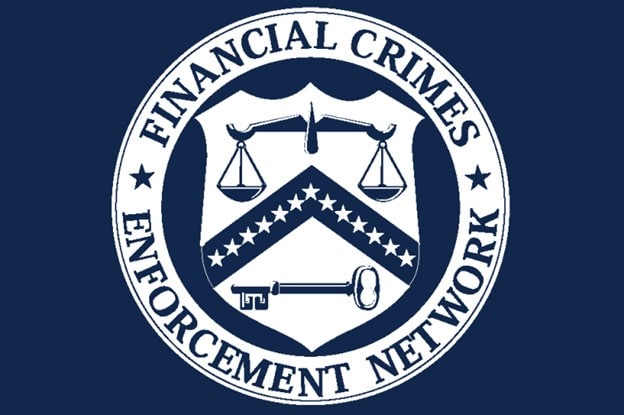By Elizabeth Hearst
The board of directors at the third largest bank in The Netherlands ABN Amro, has been questioned by the Dutch Tax Authority’s investigation department FIOD into alleged money laundering.
As reported by the NL Times, authorities from the Fiscal Information and Investigation Service launched investigations into the banks after the Public Prosecution Service announced in September that it was investigating the Financial Institution for money laundering and terrorism financing.
The investigations come as a result of the bank’s failure to promptly report suspicious transactions. In August 2019, the bank was reprimanded by the Dutch central bank DNB and was ordered to review all 5 Million of its existing client files for evidence of financial misconduct.
The Public Prosecutor launched an investigation into the financial institution with the bank “cooperating fully” with the investigation, according to ABN Amro. The bank is partially owned by the Dutch State, with Dutch Finance Minister Wopke Hoekstra who referred to the investigation as “worrying”.
NLTimes reports that some of the board of directors were questioned via video link owing to the current Coronavirus crisis. In February, the bank announced that it would dedicate 2,000 employees to detect financial crime and misconduct.
The Dutch Banking system has endured a number of investigations into money laundering in financial institutions of late, with competitor bank ING hit with a €775 Million fine after it failed to adequately screen customers and failed to report suspicious money flows. Similarly, Rabobank was fined €1 Million for suspected failures in their anti-money laundering protocols.
In July, the five Dutch Banks including ABN Amro, ING, Rabobank and the two smaller banks Volksbank and Triodos Bank stated that they would be joining forces in the fight against money laundering by “sharing transaction data”.
The Dutch banking authority NVB estimates that around €16 Billion is laundered through Dutch accounts each year. This commitment by the banking institutions will allow them to work closely with government partners such as the FIOD and Financial Intelligence Unit (FIU).
Share this article:
Follow us:








